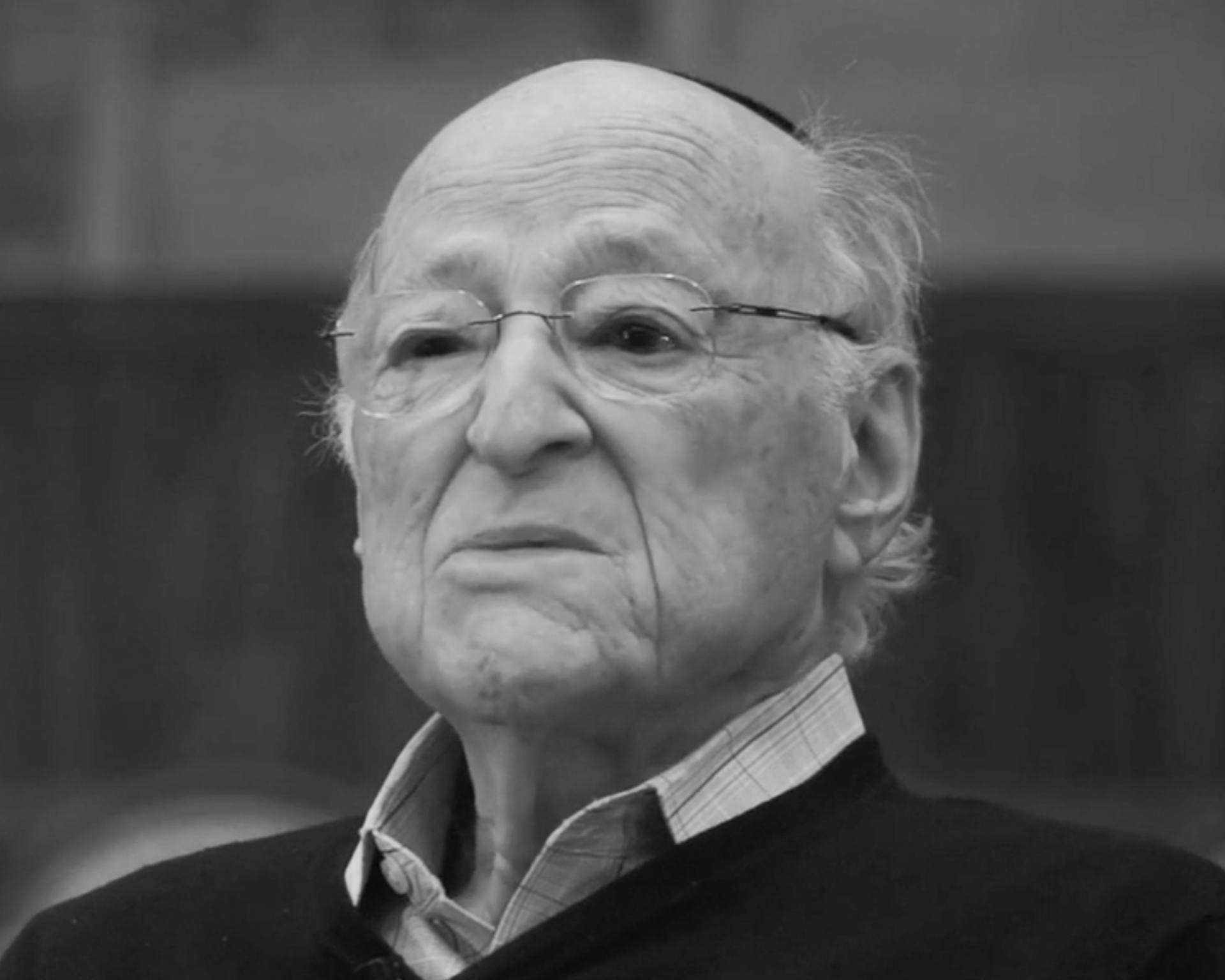
Open Book!
.avif)
Names Not Numbers

Oscar Kranz
.avif)
Oscar Kranz
Oscar was born on January 27, 1936, in Berchem, Belgium. His father worked in the diamond industry. On Friday, May 10, 1940, he was awoken by sirens—Germany had just invaded Belgium. By Sunday, May 12, his family left Antwerp and headed for France. Along the way, his aunt went into labor, and they stopped at a hospital where she gave birth to a boy.
1
They arrived at the French border in Lapan, but it was closed, so they returned to Antwerp.
In October 1940, the first anti-Jewish law was enacted, prohibiting kosher slaughter. Later that month, all Jews had to be registered. By May 1941, Jewish stores were ordered to place signs in their windows marking them as Jewish. In August, Jews faced further restrictions: curfews were imposed, and they were required to carry identity cards.
2
3
December 1941 saw the closing of Jewish schools, and Jewish lawyers, judges, teachers, and doctors faced severe restrictions in their professions. Jews were only allowed to live in the four largest cities in Belgium and could not leave the country.
In November 1941, all Jews aged six and older were required to wear a yellow star with a black "J" on their outer garments.
4
By 1942, Jews were barred from parks, theaters, cinemas, and sporting events, and they were restricted to the rear of city trams. On April 14, 1941, the Antwerp Pogrom occurred when 200 Flemish fascists and several German soldiers marched through the town center after watching an antisemitic film, smashing store windows, destroying Torah scrolls, prayer books, and bibles, and setting a synagogue on fire. Oscar was just five years old at the time.
5
The Germans soon took control of Belgium’s diamond industry, which was predominantly run by Jewish merchants. By mid-1942, most Jewish-owned businesses had been "Aryanized," or transferred to German ownership. The looting of Belgium's diamond industry occurred in three phases, culminating in the liquidation of Jewish diamond businesses by 1942.
6
In August 1942, Oscar’s father arranged for false papers with Flemish names, stating they were traveling to Switzerland for vacation. The women traveled by train, while the men were smuggled across the border into France. They took a train from Brussels to Paris and from there to Vichy. They faced several stops at the border, but were allowed to pass.
7
Oscar’s mother arranged for smugglers to take them across the border to the free French zone of Vichy. While crossing a river, Oscar’s mother hid diamonds in her shoes but lost them. They finally reached Vichy, where they lived in hiding, moving from one place to another (first in a small room behind a coal store, next with a barber and his wife, and then in a children’s home tun by the OSE on the outskirts on Lyon.).
8
Milich was a powerful military organization whose aim was to hunt for Jews and hand them to the French police, who would send them to Drancy, the main French concentration camp.
Oskar’s mother bought five tickets to a small town on the French side of Lake Geneva, close to the Swiss border (his aunt did not join because it was the Eve of Yom Kippur).
9
Oscar and his family eventually made it to Switzerland with the help of a young man, where they registered as refugees on September 24, 1942. The Swiss government placed them in a "reception" hotel, and Oscar’s mother contacted a cousin in Switzerland. They were later sent to a kosher camp, Camp Gutsch, guarded by Swiss soldiers.
10
Oscar, then seven, lived with a Jewish Swiss family, the Landes, in Luzern and attended local public school while also attending Hebrew school.
Oscar stayed with the Landes for two years before being sent to a Jewish children’s home in Heiden, near the German border. He attended public school during the day and received religious instruction in the afternoons.
11
During the winter, he contracted tuberculosis and was sent to recuperate in Davos, where he was cared for by nuns. After recovering, he was relocated with his mother to Hotel Schweizerhof, a new camp.
After the war ended in 1945, Oscar’s mother returned to Belgium, but no relatives remained in Antwerp. His grandparents and aunt had been killed in Poland, while another aunt and her son survived by hiding in a forest.
12
Oscar’s mother found an apartment and brought him back to Antwerp, where he was registered in a Jewish school, Tachkemoni. His father had died, and his mother worked in the diamond exchange. She placed Oscar’s sister, Rachel, who had cerebral palsy, in a Catholic institution run by nuns.
Oscar and his mother immigrated to the United States, but they could not bring Rachel because she would not pass the medical exam.
13
They traveled by ship, arriving in Hoboken, New Jersey. In November 1951, Oscar was registered at the Talmudical Academy in Manhattan and lived in the Bronx. His mother’s first cousin, Isi Friedman, became her confidante. Oscar’s wife, Evelyn, also from Antwerp, had escaped Europe through France, Spain, and Portugal, eventually reaching Cuba on the last ship from Portugal.
Oscar’s father had been arrested on August 30, 1942.
14
He was imprisoned at Mal-Coiffee Prison in Mullins, where he was kept in a dungeon until he was transferred to Pithiviers camp on September 24, 1942, and then to Beaune-la-Rolande Internment Camp. On September 27, he was sent to Drancy, and the next day he was deported to Blechhammer, a forced labor camp for Jews in Upper Silesia, Germany.
15
Today, Dr. Oscar Kranz lives with his wife, Evelyn, in Great Neck, New York. They have three children and 16 grandchildren.
16
17
18
19
20
.avif)
.avif)
The End

Oscar Kranz interview at North Shore Hebrew Academy - 2023-2024
North Shore Hebrew Academy



